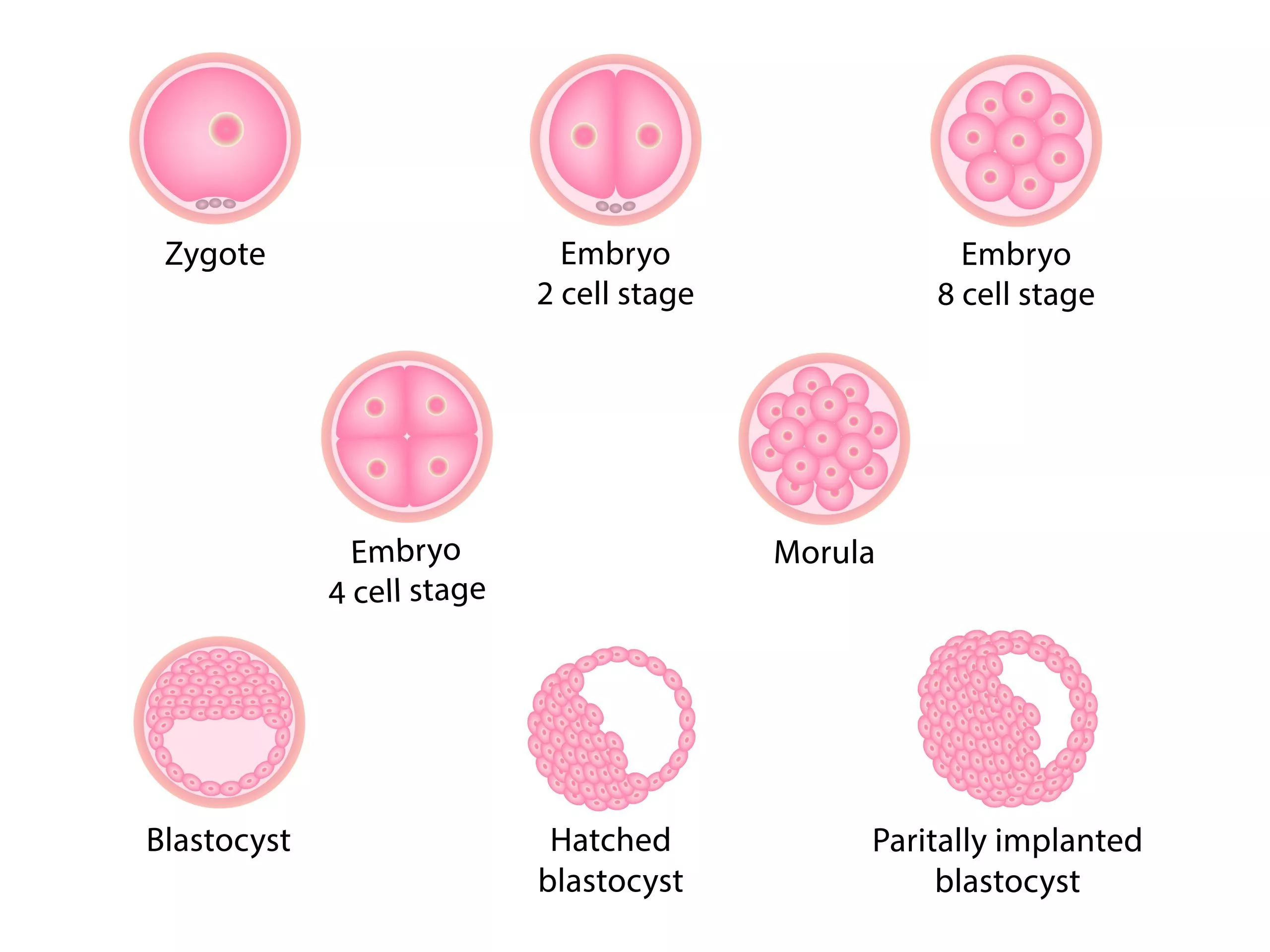Sadly, not every egg and embryo has the potential to become a healthy baby. In reality, about 80% of eggs do not make it to the blastocyst stage, and only 10-15% of blastocyst embryos tend to implant/have no chromosomal abnormalities. In the end, the success of your fertility treatments depends on the quality of the egg and embryo available.
What factors are considered when determining the quality of an egg or embryo?
One of the most important factors that are considered when determining the quality of an embryo is its chromosomal count. The number of chromosomes in an embryo influences its ability to implant and grow into a healthy baby. A “normal” embryo has 46 chromosomes, 23 of which are contributed by the egg and 23 from the sperm. Chromosomal abnormalities lead to abnormal genetic testing results and generally lead to failed implantation rates.
For quality eggs, the main factor that is often considered is the age of the female. The eggs in your ovaries are at their highest quality between 20-35, and slowly deteriorate as you age. The percentage of genetic abnormalities increases with age, so by the time someone reaches their 40s or 50s, there can be up to 80% more abnormal cells than what would be expected from someone younger.
Other factors that embryologists use to decide the quality of an embryo include cell size, the number of cells, alignment, symmetry, fragmentation, and cleavage.
How to increase the chances of having a high-quality egg and embryo
There are a few things that you can do to improve egg/embryo quality. DHEA can be used during treatment sometimes to improve the quality of your eggs, but it is best to speak with your physician first if this is right for you. Additionally, eating a balanced diet, exercising regularly, and improving sleep quality have all been shown to improve egg quality. It is also best to minimize, or quit, smoking and drinking if possible, as those diminish egg quality over time.
How to increase embryo implantation rates
With the help of popular genetic tests like PGT-A and PGT-M, it is easier than ever for your physician to see which embryos are “quality.” By utilizing these tests, we are able to increase implantation rates in those with a low ovarian reserve and those prone to miscarriage. These tests also allow us to preemptively check for genetic disorders/markers that may lead to difficult pregnancies, birth defects, and miscarriage.
Why New Hope?
New Hope Fertility Center is home to world-renowned fertility specialists. We custom design fertility treatments for the individual to increase the chances of a successful pregnancy. Our specialists believe in putting the patient first and being with them through every step of the fertility journey. Our team is well versed in helping women of all ages reach their fertility goals and we are passionate about educating, and supporting our patients throughout their journey. If you want compassionate fertility care, New Hope is the right place for you. Call us at (347) 970-8479 or schedule your initial consultation today!

